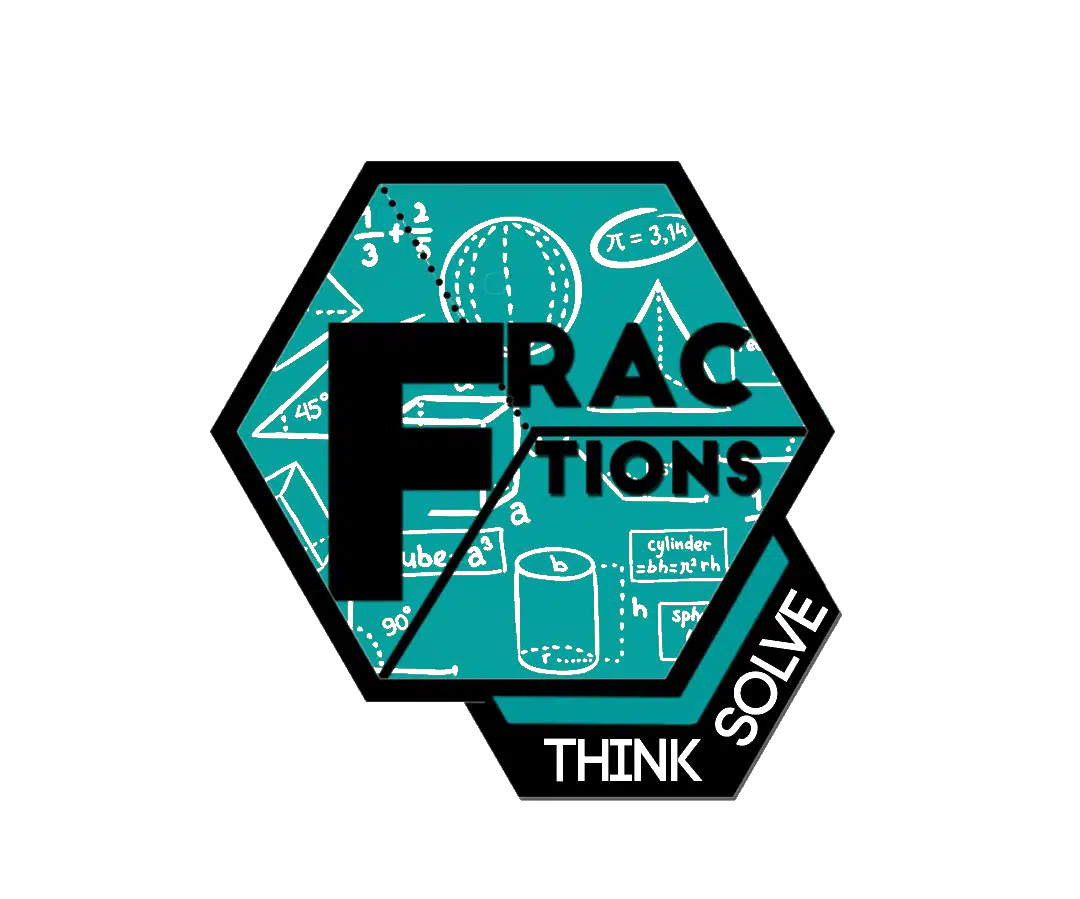For ISI M.Math:
Test Codes: PMA (Multiple-choice Type) and
PMB (ShortAnswerType).
Questions will be set on the following and related topics.
• Countable and uncountable sets; • equivalence relations and partitions; • convergence and divergence of sequence and series; • Cauchy sequence and completeness; • Bolzano-Weierstrass theorem; • continuity, uniform continuity, differentiability, Taylor Expansion; • partial and directional derivatives, Jacobians; • integral calculus of one variable – existence of Riemann integral, • fundamental theorem of calculus, change of variable, improper integrals; • elementary topological notions for metric spaces – open, closed and compact sets; • connectedness, continuity of functions; • sequence and series of functions; • elements of ordinary differential equations.
• Vector spaces, subspaces, basis, dimension, direct sum; • matrices, systems of linear equations, determinants; • diagonalization, triangular forms; • linear transformations and their representation as matrices; • groups, subgroups, quotient groups, homomorphisms, products, • Lagrange’s theorem, Sylow’s theorems; • rings, ideals, maximal ideals, prime ideals, quotient rings, • integral domains, Chinese remainder theorem, polynomial rings, fields.
• Elementary discrete probability theory: combinatorial probability, conditional probability, Bayes’ Theorem, binomial and Poisson distributions.
For M.Stat:
Test Codes: PSA (Multiple-choice Type) and
PSB (ShortAnswerType).
Mathematics Arithmetic, geometric and harmonic progressions. Trigonometry. Two-dimensional coordinate geometry: Straight lines, circles, parabolas, ellipses, and hyperbolas. Elementary set theory. Functions and relations. Elementary combinatorics: Permutations and combinations, Binomial and multinomial theorem. Theory of equations. Complex numbers and De Moivre’s theorem. Vector spaces. Determinant, rank, trace, and inverse of a matrix. System of linear equations. Eigenvalues and eigenvectors of matrices. Limit and continuity of functions of one variable. Differentiation and integration. Applications of differential calculus, maxima, and minima. Statistics and Probability Notions of sample space and probability. Combinatorial probability. Conditional probability and independence. Bayes Theorem. Random variables and expectations. Moments and moment generating functions. Standard univariate discrete and continuous distributions. Distribution of functions of a random variable. Distribution of order statistics. Joint probability distributions. Marginal and conditional probability distributions. Multinomial distribution. Bivariate normal and multivariate normal distributions. Sampling distributions of statistics. Statement and applications of Weak law of large numbers and Central limit theorem. Descriptive statistical measures. Pearson product-moment correlation and Spearman’s rank correlation. Simple and multiple linear regression. Elementary theory of estimation (unbiasedness, minimum variance, sufficiency). Methods of estimation (maximum likelihood method, method of moments). Tests of hypotheses (basic concepts and simple applications of Neyman-Pearson Lemma). Confidence intervals. Inference related to regression. Basic experimental designs such as CRD, RBD, LSD and their analyses. ANOVA. Elements of factorial designs. Conventional sampling techniques (SRSWR/SRSWOR) including stratification.

